We’ve teamed up with Point Blank Studios to bring you a brand new series that dives into the world of electronic dance music production. In partnership with Point Blank Music School, this production series will be recurring with a variety of installments that will include guest posts from hot up and coming artists who will offer inside tips, detailed looks into the minds and tools of producers, as well as tricks of the trade for all you aspiring producers at home.
You’ll get to hear from your many different artists and get an inside look at how they look at and work in the studio. Even if you’re not a producer, our new series is a cool glimpse inside the mindsets of some of your favorite artists.
We’re kicking things off with a very special post from our homie KRNE on how he is able to churn out so much quality music in so little time:
Hi internet, I’m this producer out of Oakland, CA named KRNE. I say it like the bird Crane, but with a K.. and no A.. don’t ask. When I was thinking about what I get asked about the most from other producers, it’s how I churn out so much music. And for every track I post there are probably 30 other tracks, WIPs and sketches I don’t post. So today I’m gonna talk about what helps me work fast, and make shit tons of tunes because that’s what I think you wanna know about how I work. And if you wanna see my workflow in action, you can also make sure to follow me on Twitch where I periodically stream my production sessions.
1. Limit Choice
Choice is paralyzing. Too many snare samples, too many new patches, too many plugins. Cultivate your go-to sounds over time and have your reliable presets at the ready when you just need to get an idea out. Limiting choice not only speeds up the process in the sense you won’t spend hours hunting for a specific sound (and probably pass over 100 ones that would have fit in the process) but it’s also how you cultivate your sound.
For example, when I design a new kick that I like, I save it right then and there and it goes into a separate folder Ill go back to when i’m just trying to get ideas out. Using that kick in a few songs starts to make it a part of my signature and recognizable in addition to helping me just choose a kick and move on. There’s a time and a place to geek out endlessly on sound design, but I find that is best done either later in the songwriting process when you are dialing in the mix or when you just don’t feel like writing a song but want to put in some work in and save sounds for later.
2. Work Across the Arrangement
I see a lot of producers get stuck in the 8-bar loop phase. They spend hours upon hours perfecting a drop or a section of a beat, then take a step back and don’t know how to tie it together or how it fits in a composition. Once you get a concept for a section down, force yourself to move on and come back to it. Block out the whole arrangement early because once you start pivoting to arranging vs. detail work it will actually change and effect how you approach each section as you start to hear, for example, how that 8-bar loop transitions from a breakdown. You may realize that that original 8-bar loop now should sound differently based on the section you wrote to go before it. Don’t wait to start doing this if you wanna get it done quick. Don’t wait to discover if that perfect 8-bar loop even fits in a complete song.
3. Force Yourself to Finish (lots)
Forcing yourself to finish means being okay with imperfection. Defer needing to hear the “finished” product. It’s never really finished, you just call it finished at a certain point. If you wanna learn to work fast you need to get fast at every stage of production – concepting, sound design, mixing, mastering… That means you have to routinely work across all those phases, and the only way to do that is to finish songs.
The only way to get fast is to go through each stage of production constantly. For me, I try and set deadlines for myself – put myself in situations where I need to “finish.” Once you get in this mindset, you’ll start letting go of perfection so that you have a finished track to send to someone, to post, to DJ and start realizing that perhaps your audience is perfectly happy with what you may feel is imperfect or incomplete. This will force you through each stage of production every day/week and you’ll get practice in every phase of producing. Not just the one you enjoy hanging out in the most.
4. Work Outside the Studio
Studios are great, but get out and try and work somewhere else everyday. Go work at a cafe. On the bus. At the airport. Your dining table. Limit yourself to headphones, and a laptop and that’s it. So many times I find myself in places where traditionally most producers can’t work. I do a ton of songwriting on public transit. Or you’ll be in the studio sitting in the corner with nothing to do while your artist or other producers work – this is a perfect moment to learn how to work fast. Because working fast also means being able to sit down anywhere, with the most minimal of tools, and get some ideas out.
Think of yourself as a painter who carries around their sketchbook all the time. It may not be handy for writing your next opus, but it might lead to that initial nugget of an idea that turns into something amazing when you get back to your fancy studio. Movin, Dollar Sines, even my Keys n Krates remix all started outside the studio. The initial chords and sample-chop in Movin I remember I made on the bus on my way to work when I had a grown-up job. And that was the crux of the whole song. Then when I got back to my studio it was just about doing that riff justice by building around it and turning it into a song. The ideas can come all the time, so always be in a mode to capture and explore them no matter where you are.
5. Change Up Your Habits and Collaborate
There are a thousand ways to start and work on a track. If you find yourself bound to midi, start dropping random wavs into your timeline. If you find yourself only working from samples/loops, start with only midi. The more you practice different ways of working, the more freeing it becomes when your stuck because you can alter your workflow – the thing that probably has you stuck. When I don’t feel like writing some new chords, Ill drop some random wavs into my DAW and start chopping and pitching. When that process feels stale, and get the midi keyboard out and just start recording myself jamming.
One of the best ways to learn new approaches is collaborating, and I’ve learned a ton from jumping into other peoples projects or watching them work. Every time, you can pick up a couple tricks that can freshen up your approach and lead to new results. And when you really get stuck, just turn off your inner-critic and start doing random, weird things. Sometimes you gotta make 100 shitty ideas before the one just pops out. You never know how a track will sound. You have an intent, an inspiration or idea, but the workflow transforms your end result and part of working fast is to notice when something new or unexpected pops up and being willing to go with it.
For more expert tips, visit Point Blank, the award-winning music production and DJ school with classes in London, Los Angeles and online. Six-time ranked ‘Best DJ & Production School’ by DJ Mag, Point Blank offers ground-breaking courses taught by expert instructors including songwriters, producers and Grammy award winners. Former students include: Claude VonStroke, Nicole Moudaber, Gareth Wyn, AlunaGeorge and more. Head to their site for production tips, tutorials or to sample an online course for free.
KRNE
Twitter | Facebook | Soundcloud
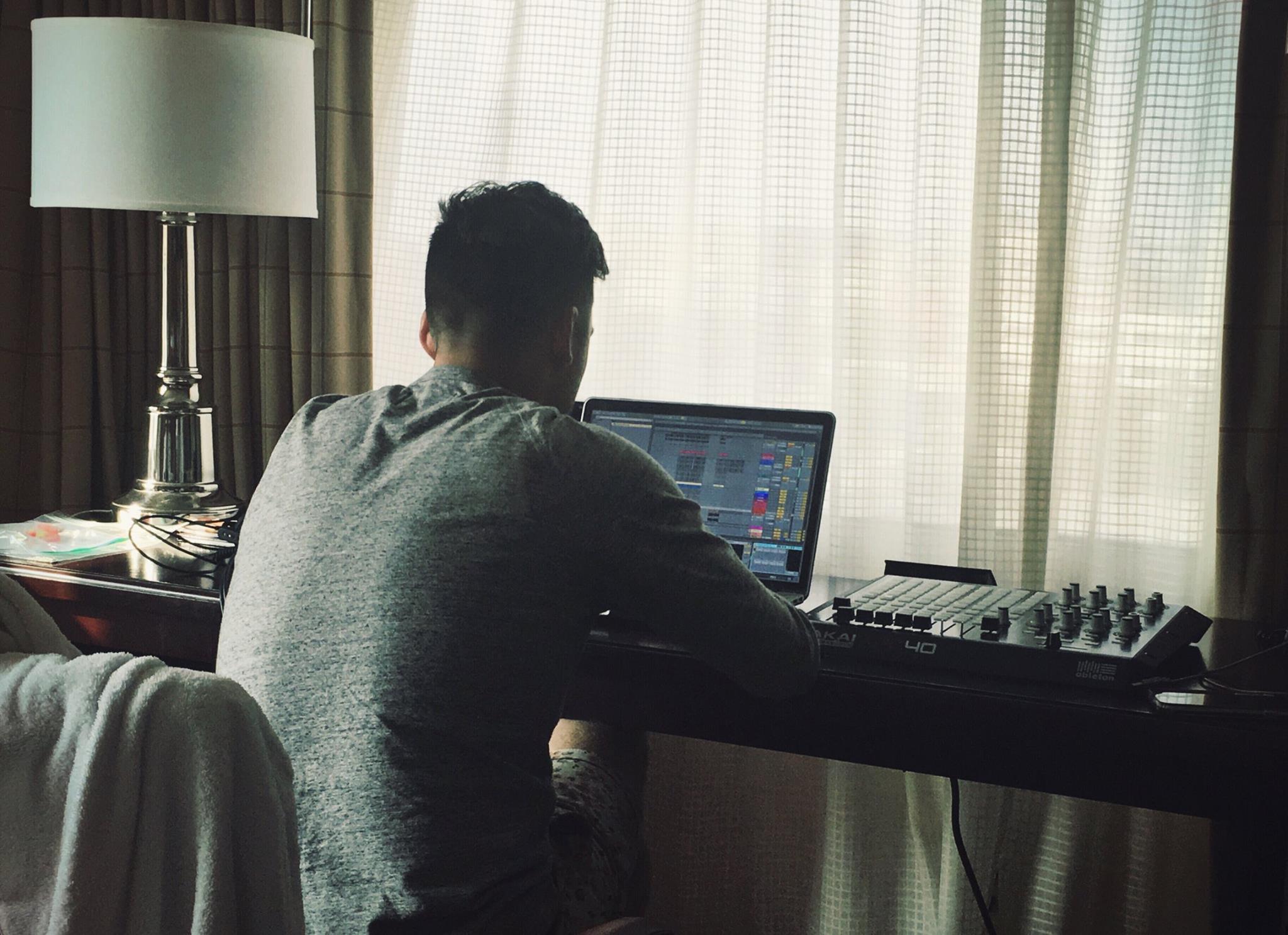
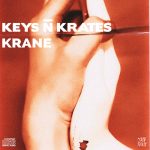
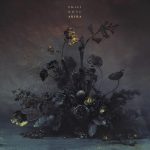
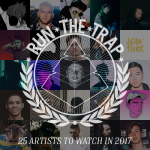

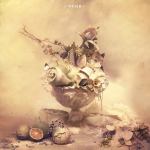



you are amazing